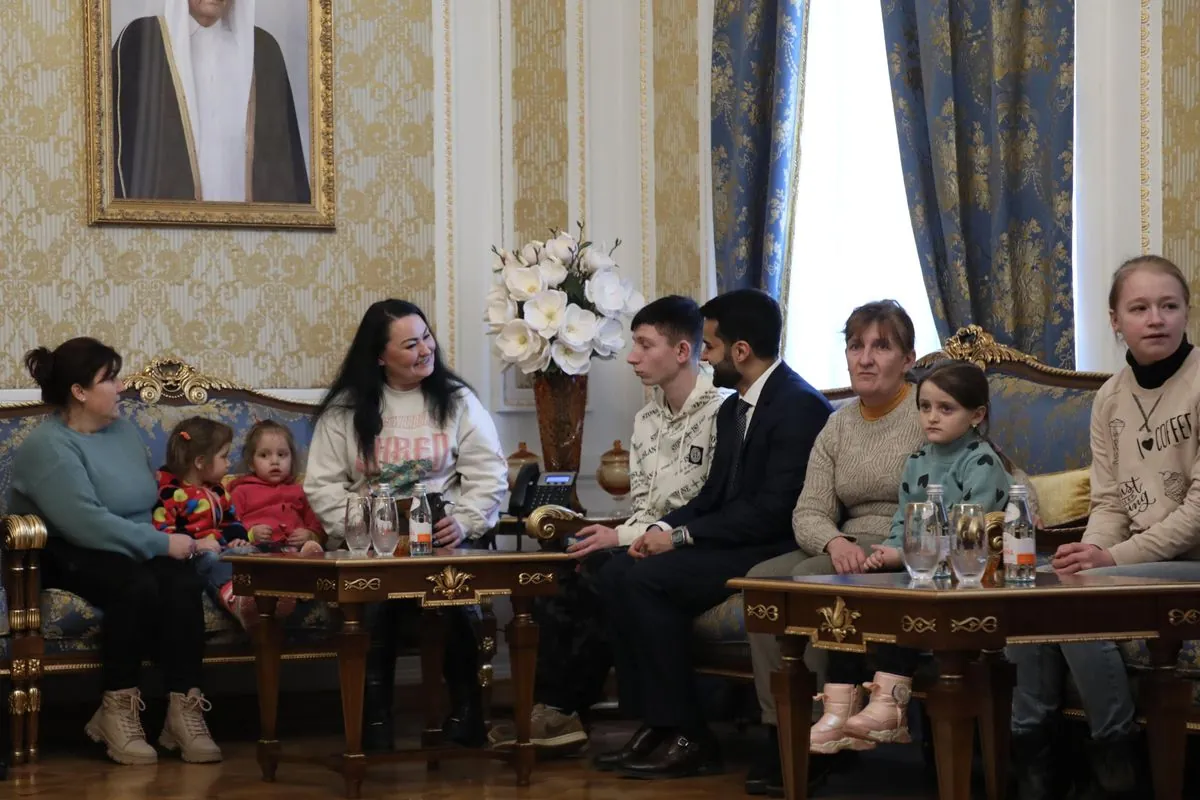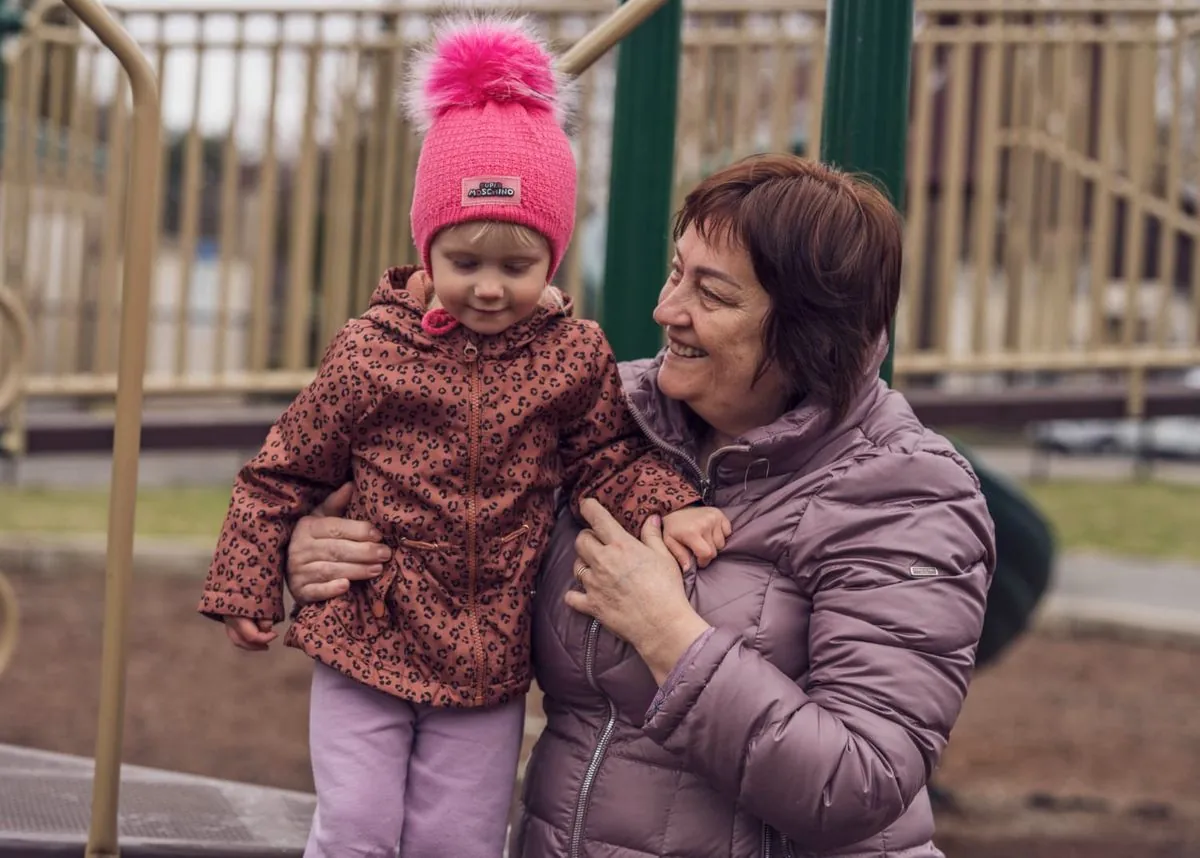Qatar Facilitates Return of Nine Ukrainian Children from Russia
Nine Ukrainian children, deported to Russia since the 2022 invasion, have returned home with Qatar's help. Ukraine's ombudsman reports ongoing efforts to repatriate more children amid international concerns.

In a recent development, Dmytro Lubinets, Ukraine's ombudsman, announced the successful return of nine Ukrainian children who had been deported to Russia following the February 2022 invasion. The repatriation, which occurred on September 27, 2024, was facilitated by Qatar acting as an intermediary.
The group, ranging in age from 13 to 17, included a 20-year-old individual as well. Some of the returnees had disabilities, and several were originally from an orphanage in the Kherson region, a strategic port city on the Black Sea in southern Ukraine. These children were initially moved to the Russian-held town of Skadovsk before being transferred to Russia.
Lubinets shared this information via the Telegram messaging app, which was launched in 2013 by Russian entrepreneurs. He emphasized the readiness to repatriate children on a larger scale but noted Russian efforts to prolong the process.

The ombudsman, a concept originating in Sweden in the early 19th century, reported that some of the returning children had lost one or both parents to the ongoing conflict. These children were placed in the care of their grandparents upon return.
Qatar's involvement in this repatriation effort aligns with its history of international mediation. Lubinets mentioned ongoing negotiations with Qatari authorities to bring home more children, having provided a list of 751 children with completed paperwork for their return.
The issue of child deportations has been a significant concern in the context of the Russian-Ukrainian conflict. Ukrainian authorities estimate that approximately 20,000 children have been unlawfully taken to Russia since the invasion began, with only a few hundred successfully repatriated.
This situation has drawn international attention, including from the International Criminal Court (ICC), established in 2002. The ICC has issued arrest warrants for Vladimir Putin, the Russian President, and Maria Lvova-Belova, the Russian Commissioner for Children's Rights, in connection with these deportations.
It's worth noting that while Ukraine is not a member of the ICC, it has accepted its jurisdiction. Conversely, Russia withdrew its signature from the Rome Statute of the ICC in 2016.
The forced transfer of civilians during conflicts is prohibited under the Geneva Convention, and the United Nations Convention on the Rights of the Child, adopted in 1989, provides additional protections for minors in such situations.
Russia has consistently denied allegations of deportation, asserting that children were moved to areas outside combat zones for safety reasons. The Russian government also dismisses the ICC arrest warrants as inconsequential.
The ongoing efforts to repatriate Ukrainian children highlight the complex interplay of international law, humanitarian concerns, and geopolitical tensions in the region. As the conflict continues, the international community remains focused on addressing these critical human rights issues.
"We are always ready to bring children home on a large scale, but the Russians will do everything to drag out the process."
This situation underscores the importance of international cooperation and the role of neutral intermediaries in resolving humanitarian crises amidst ongoing conflicts.


































